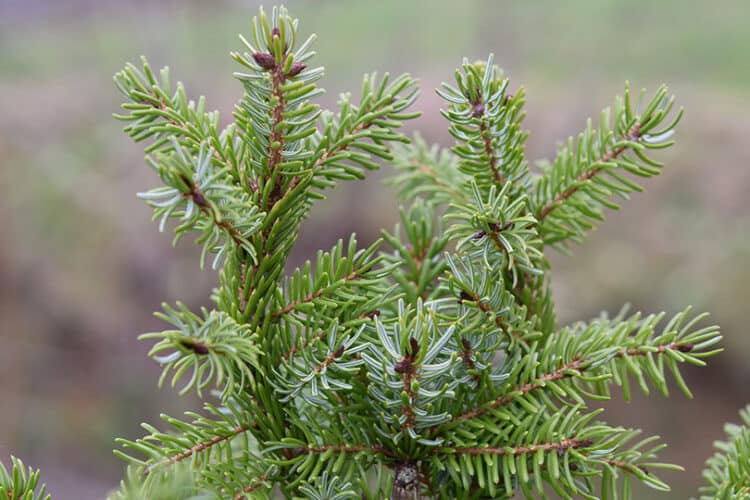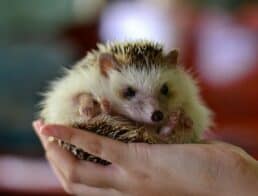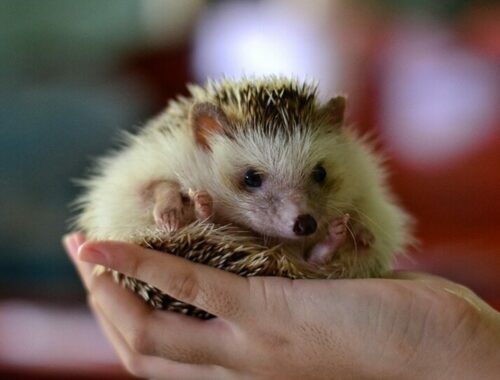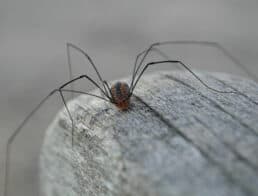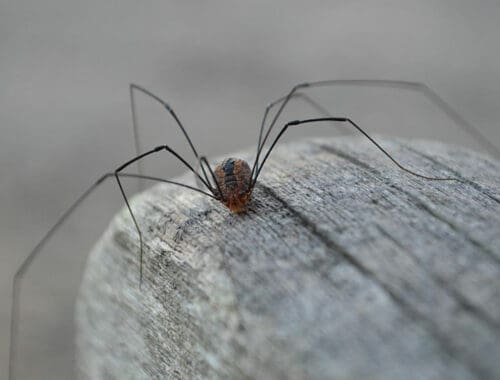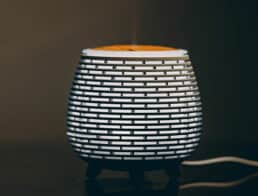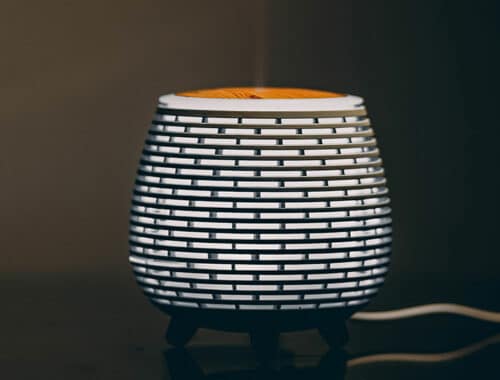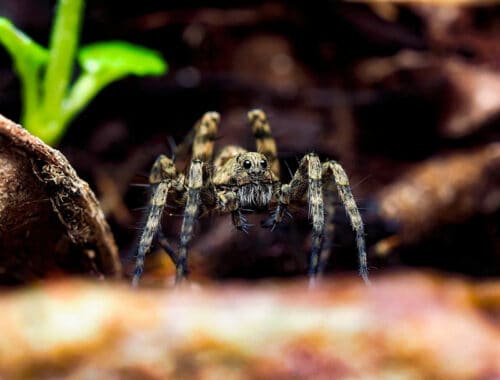Many people like to display a Christmas tree in their houses during the holiday season, but if you have cats, you may be wondering how the beautiful evergreens impact your beloved pets. When determining the level of toxicity in Christmas trees, a few factors have to be examined, such as the type of tree in your home. But, overall, Christmas trees can be hazardous to your cats. Generally, cats will be okay if they haven’t eaten part of the tree, but you should call a vet if they’ve been eating the pine needles.
Cats and Christmas trees are a notorious pair. You can watch several amusing online videos of felines attacking and destroying trees and ornaments. While these videos might be humorous, you’ll want to take some precautions to protect both your tree and your cat. As a responsible pet owner, there are some things you need to know.
In this guide, we’ll go over common types of Christmas trees, including artificial varieties, and talk about the risks they pose to cats.
Are Live Christmas Trees Toxic To Cats?
There are several varieties of evergreen that people commonly use for their Christmas trees. Some of the most popular are pine, fir, and spruce.
These trees have oils and sap that could cause some health issues.
If your cat consumes part of the tree, they could have symptoms such as:
- Mouth irritation
- Vomiting
- Drooling
The needles themselves can be a concern as they could lead to severe issues like obstructions in their digestive system.
So, live Christmas trees can be toxic to cats. You want to make sure ’your cat isn’t eating the needles, and if it is, you will need to ’restrict its access to the tree or remove it entirely.
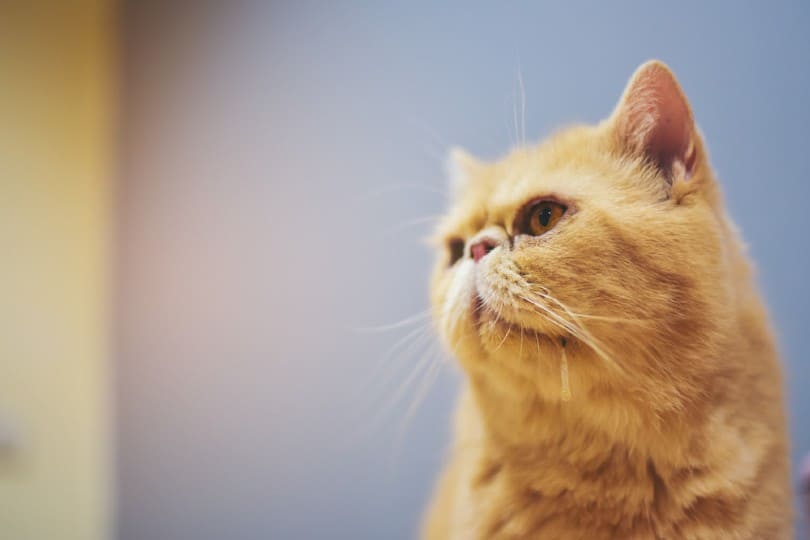
Are Fake Christmas Trees Toxic To Cats?
While a real tree might provide a fresh pine scent, many people opt for the convenience of an artificial tree. But, while you might think a fake tree is a better option and that you won’t have to worry about your cat, there are some hazards to consider.
While artificial trees don’t have sap, fertilizer, or oils, cats can experience digestive issues if they eat the needles. It’s best to talk to your vet and monitor your cat’s behavior, if it has been chewing on the tree.
How Can I Keep My Cat Safe From Christmas Trees?
Another element of a Christmas tree that’s toxic to cats is the water. If you use any fertilizer products in the water, they could harm your cat. Other substances in the water, such as mold, could also make your cat sick. It’s best to keep the water as fresh as possible and try to keep your cat from drinking from the tree stand.
Having a Christmas tree is important to many people, so you might be looking for ways to display your tree while keeping your cat safe. There are a few tips you can follow to deck your home out for the holidays in a way that’s safe for your pets:
1. Choose a safer tree.
While artificial trees can pose some risks, they are safer for cats. Try to research and pick a tree made of less toxic materials. A smaller tree that you can put out of the way is another good option.
2. Consult your vet for suggestions.
The best way to determine which tree is a good option for your cat is to take it to your vet. They will advise you on safer options, especially as they know your cat’s medical history.
3. Try to keep the cat away from the tree.
Some cats are determined to get to Christmas trees, so it’s not always simple to keep them away. However, you can use obstacles like baby gates or try tactics like aluminum foil that keep some cats from getting close.
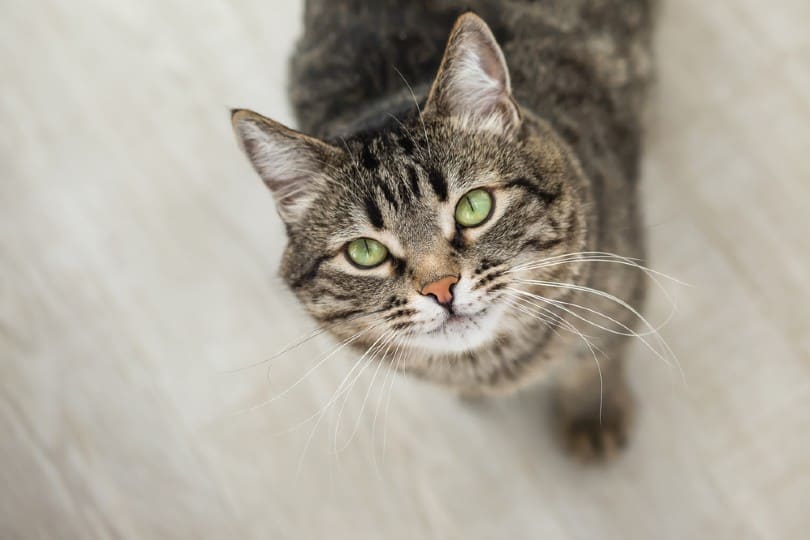
Conclusion
While Christmas trees are toxic to cats if they ingest parts of a fake or real tree, you are probably okay if your cat isn’t too interested in eating them. However, you’ll need to watch your cat’s behavior and make adjustments if they try to chew on or consume your Christmas tree.
Featured Image Credit: Pixabay
